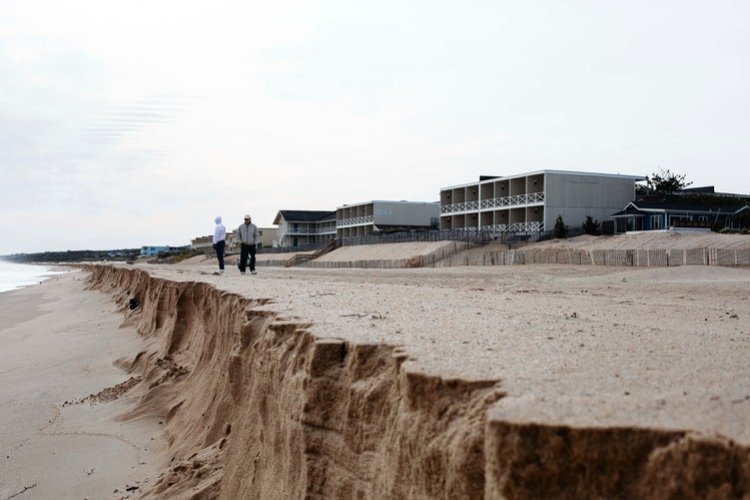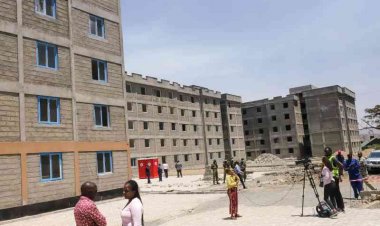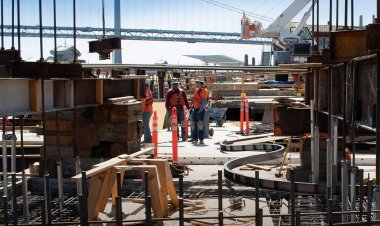Avulsion in Kenyan real estate refers to a legal concept that pertains to the sudden and significant alteration of land boundaries due to natural causes, such as floods, earthquakes, or other acts of nature. It occurs when a portion of land is detached from one property and becomes attached to another property nearby. This phenomenon can have significant implications for landowners and the real estate industry in Kenya.
In Kenya, where natural disasters like floods and landslides are not uncommon, avulsions can occur and result in the redistribution of land boundaries. When a river changes course due to heavy rainfall or other factors, it may erode the banks of one property and deposit sediment on another property, effectively altering the boundaries between them. This sudden change can lead to disputes and legal complications regarding land ownership and rights.
One of the key issues that arise from avulsion in Kenyan real estate is the determination of property ownership and the rights associated with the affected land. The Kenyan legal system recognizes the principle of riparian rights, which grants landowners certain rights and responsibilities regarding water bodies adjacent to their properties. However, when avulsion occurs, these rights may be disrupted, and new boundaries need to be established.
Resolving avulsion-related disputes in Kenyan real estate requires a thorough examination of the legal framework, including land registration records, survey plans, and relevant legislation. The affected parties may need to engage in negotiations or seek legal recourse to determine the new boundaries and resolve any conflicts that arise.
Avulsion also has implications for property valuation and development in Kenya. When land boundaries change abruptly, it can affect the value of properties and the feasibility of planned developments. Developers and investors need to consider the potential risks associated with avulsion and conduct thorough due diligence before investing in real estate projects.
To mitigate the impact of avulsion in Kenyan real estate, it is essential for landowners and developers to stay informed about the local geography, climate patterns, and potential risks in the area. Engaging professional surveyors and legal experts can help ensure accurate land demarcation and minimize the potential for disputes.
In conclusion, avulsion in Kenyan real estate refers to the sudden alteration of land boundaries due to natural causes. It can have significant implications for landowners, property rights, and real estate development. Understanding the legal framework, conducting due diligence, and seeking expert advice are crucial in navigating the challenges posed by avulsion in the Kenyan real estate sector.


































